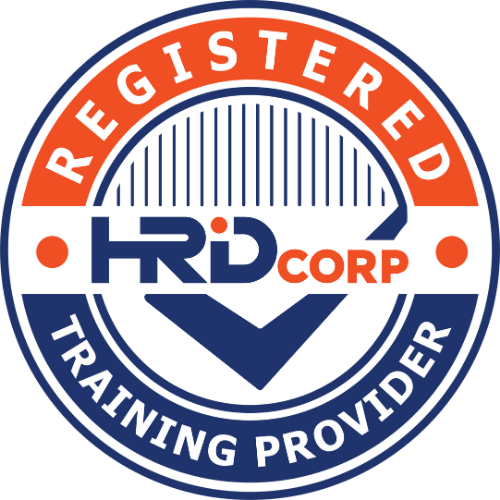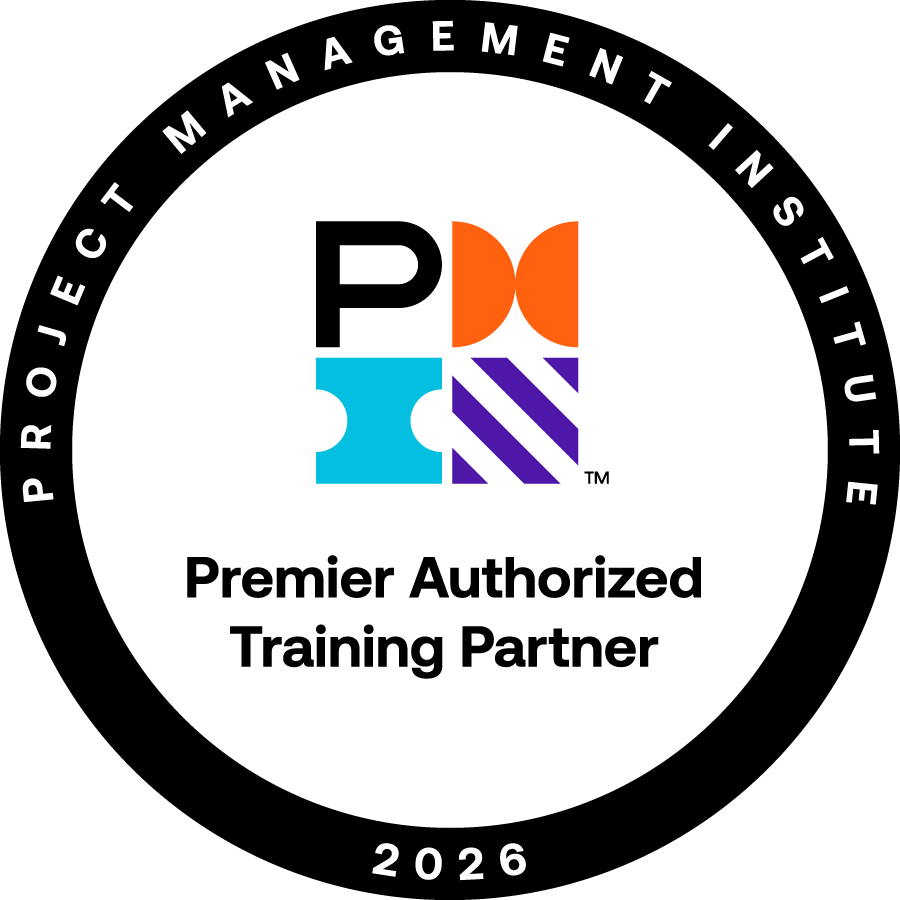Knowledge Management & Decision Making

In our previous newsletter, we highlighted how optimizing knowledge management processes enables the gradual transformation of an organization from a culture of blaming to a culture of accountability. We stressed that only through active involvement of all parties involved facilitated through knowledge management based practices, can such a situation come to fruition.
In this segment allow us to explore the idea mooted by Forbes that Knowledge Management facilitates decision making, enables the building of a learning organization as well as creates a culture of knowledge sharing and innovation. We focus in this segment the intimate relationship between better decision making by leaders and knowledge management at a personal level.
In order to make high-quality better decisions in volatile and highly uncertain and complex business environments, three requirements need to be fulfilled. The first is the ability to undertake assumptions analysis. The second is the ability to suspend unilateral perspectives in favour of multiple perspectives when attempting to understand the situation and complication being faced. The third is the ability to make a decision that meets the short as well as long term aspirations of all stakeholders involved.
Assumptions analysis
In the highly complex and uncertain business leaders have to rely on their gut feel and intuition to decide on the best way forward. They are forced to decide based on limited, changing information and make assumptions on what other issues impact the proposed decision. This was an acceptable practice in the past but is not the case anymore. Today, the volatility and extremely complex interrelationship between different elements of a business environment makes renders the tendency to assume a very risky option to undertake.
To minimize the risk associated with making assumptions that may not be correct, leaders need to acquire critical information either through association with people have relevant experience within the areas in question or be able to analyse intelligently data presented to guide them better and quicker in assessing the assumptions they make. Hence knowledge acquisition process needs to be optimized by enhancing the ability to connect people who have necessary expertise at short notice and the expertise to analyse information intelligently.
Multi perspective Analysis
Rapid and significant changes have become commonplace occurrence these days. There have been cases where what appeared to be the “obvious” decision to make from a leadership standpoint, led to a nightmarish outcome. A case in point is the decision by Nokia to downplay the advent of Apples I Phone because according to the leaders at that time that ,“such a phone not go far” in 2007 led to the demise of its leading position as a retailer of cell phones.
With the complexity and interdependency of technological start-ups including the advent of artificial intelligence and advanced robotics, boundaries of technological developments are becoming increasingly blurred. Under these circumstances, leaders are limited in options available to our current level of superficial understanding within the confines of a limited point-of-view when making critical decisions given their limited comprehension of the unprecedented evolution of technology that is unfolding before them.
The only way to make better decisions in such situations is through the production of knowledge that broadens the understanding of the emerging business environment. This requires the involvement of all stakeholders in terms of sharing and producing knowledge on a regular basis. This will over time, enable development of a more holistic and multi perspective view of issues. These perspectives raised and discussed amicably through dialogue using Knowledge Management techniques such as the Knowledge Café will go a long way in extending options available to leaders in dealing with issues that are ambiguous in nature.
Balancing short and long term needs of stakeholders
In general the thinking process of people involves perceiving what is happening and from that perception, developing an understanding of how what is happening affects the wellbeing of the person followed by making a decision on what to do based on the understanding achieved.
When this is done by one person such as a leader who has to decide on the next course of action, his or her perception may be clouded by inaccurate or incomplete information that could lead to a superficial understanding of the situation and complication inherent within it. Consequently the decision made may be sub optimal and at times disastrous. This is by virtue of the fact that all stakeholder considerations were not made and the decision most often is based on good short term returns without considering long term implications of these decisions.
To mitigate the negative outcomes of a wrong decision and to minimize the possibility that sub optimal decisions are made, leaders need to develop a knowledge management capability that optimises the process of acquiring the correct knowledge from the right stakeholders at the right time, producing a holistic, shared understanding of the situations and complications involved from all relevant stakeholders and based on such an understanding be in a better position to make better decisions.
Making a reasoned, well thought out decision that can affect stakeholders wellbeing is dependent to a large extent on minimizing the consideration of unverified assumptions and adopting a unilateral, superficial understanding of issues. Such a decision has to be premised on the need for internalizing concerns and welfare of stakeholders involved both in the short and long term.
If this is done as a matter of routine, then such a decision making process is deemed to have been integrated within the decision making approach adopted by leaders in the organization. Developing and maintaining a well-oiled and thought out knowledge management approach as a catalyst for making the right decisions is certainly a step in the right direction.






